A Study Reveals That the Bond With a Dog Can Be More Satisfying Than With Friends or Family
For humans, deep friendships are a refuge—a safe space where one receives emotional feedback and support. It's often said that friends are the family we choose, and numerous neuropsychological and sociological studies confirm that few experiences are as valuable as feeling understood, accompanied, or simply heard without judgment.
But what if that best friend walks on four legs?
The bonds between humans and animals, especially dogs, have been studied for decades. However, a new study goes beyond anecdotal and emotional observations—it quantifies affection. According to research published in Scientific Reports, many people find their relationship with their dogs more satisfying than with close family, friends, or even romantic partners.
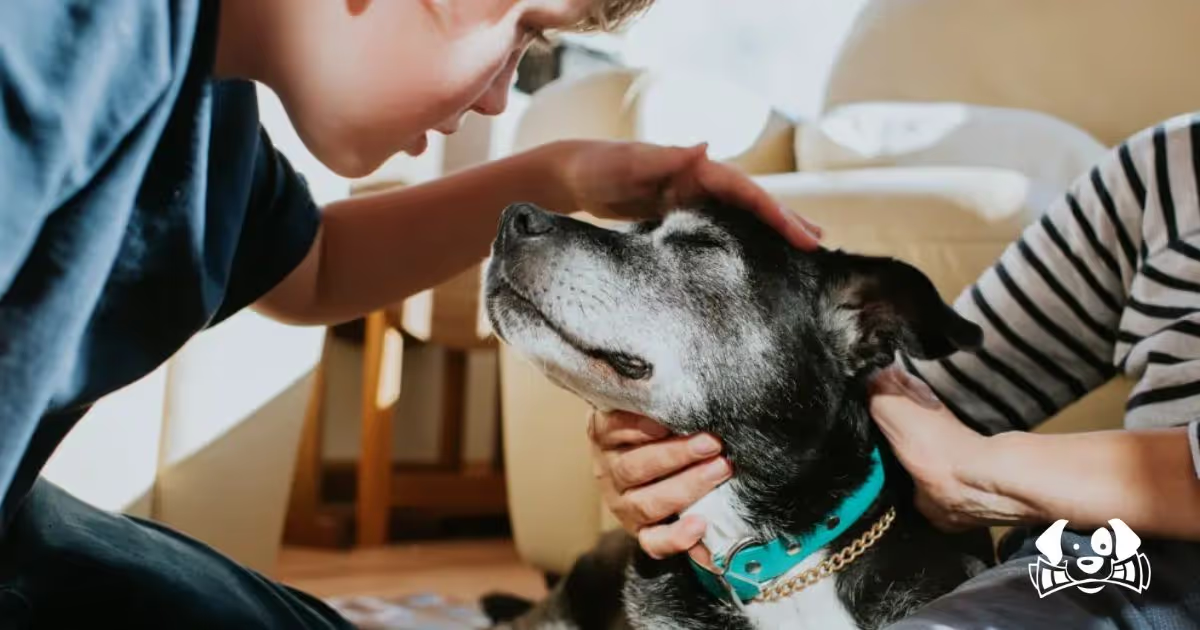
A deeper emotional connection
The study, led by researchers Borbála Turcsán and Enikő Kubinyi from Eötvös Loránd University in Hungary, offers a nuanced look at the place dogs occupy in our emotional support networks.
Conducted between April 2011 and December 2023 across two phases, the study included 717 participants recruited via social media. About 80% had a romantic partner and 20% were parents. Participants were asked to evaluate their relationships with five key figures: their dog, their romantic partner, their best friend, a close relative, and their child (if applicable).
Researchers used the Network of Relationships Inventory, a psychological tool that assesses relationship quality through 13 dimensions, such as emotional support, companionship, intimacy, satisfaction, and power balance.
Loyal companions with little conflict
The findings were striking: dogs scored highest in categories like companionship, need for care, emotional support, and reliability. They also had significantly fewer negative interactions compared to human relationships—with the exception of best friends.
Surprisingly, when asked about overall satisfaction in each relationship, participants rated their dogs higher than their closest friends and relatives, and on par with their romantic partners and children.
“Dogs offer a very positive relationship with minimal conflict, strong moral support, and a unique opportunity to have total control over another living being,” said researcher Enikő Kubinyi. In other words, dogs don’t replace people—they offer something different: a deep, stable emotional connection free from the tensions common in human interactions.
Part child, part best friend
One of the study’s most fascinating insights is that the dog-human relationship doesn’t fully align with that of a child or a friend—it shares traits of both. Like a parent-child bond, the dog is dependent, requires constant care, and displays enthusiastic, unconditional affection. But unlike children, dogs don’t argue or cause prolonged conflict.
In terms of power dynamics, the human-dog relationship is the most asymmetrical of all. While children grow up to become independent, dogs rely on humans throughout their lives. This ongoing dependence, combined with unwavering loyalty, enhances the emotional stability and sense of security many pet owners cherish.
Not a replacement—an addition
Some might wonder if dogs serve as substitutes for lacking social or emotional bonds. However, Turcsán and her team found otherwise: those with strong human relationships were more likely to value their relationship with their dog.
“The bond with a dog doesn’t replace human relationships—it offers something unique, a combination of characteristics that complement what we get from people,” the researcher explained. In other words, a dog is not a substitute, but another—equally valuable—piece of a person’s emotional support network.
As Kubinyi summarized:
“A dog can be the playmate of a small child, the sibling and best friend of a teenager, the symbolic ‘fur-child’ of a couple, or even the ‘grand-dog’ of empty-nest grandparents.”

.avif)
.avif)





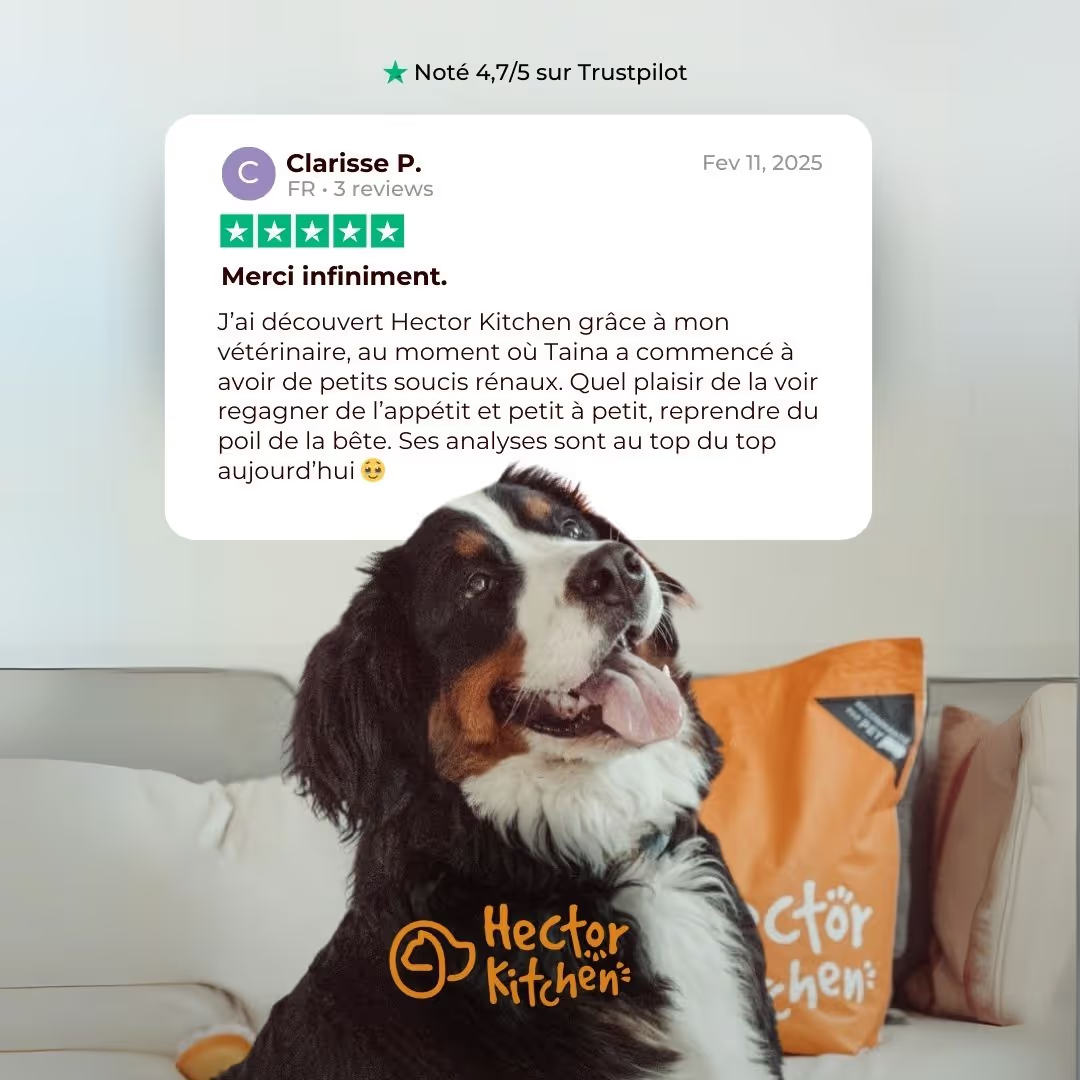





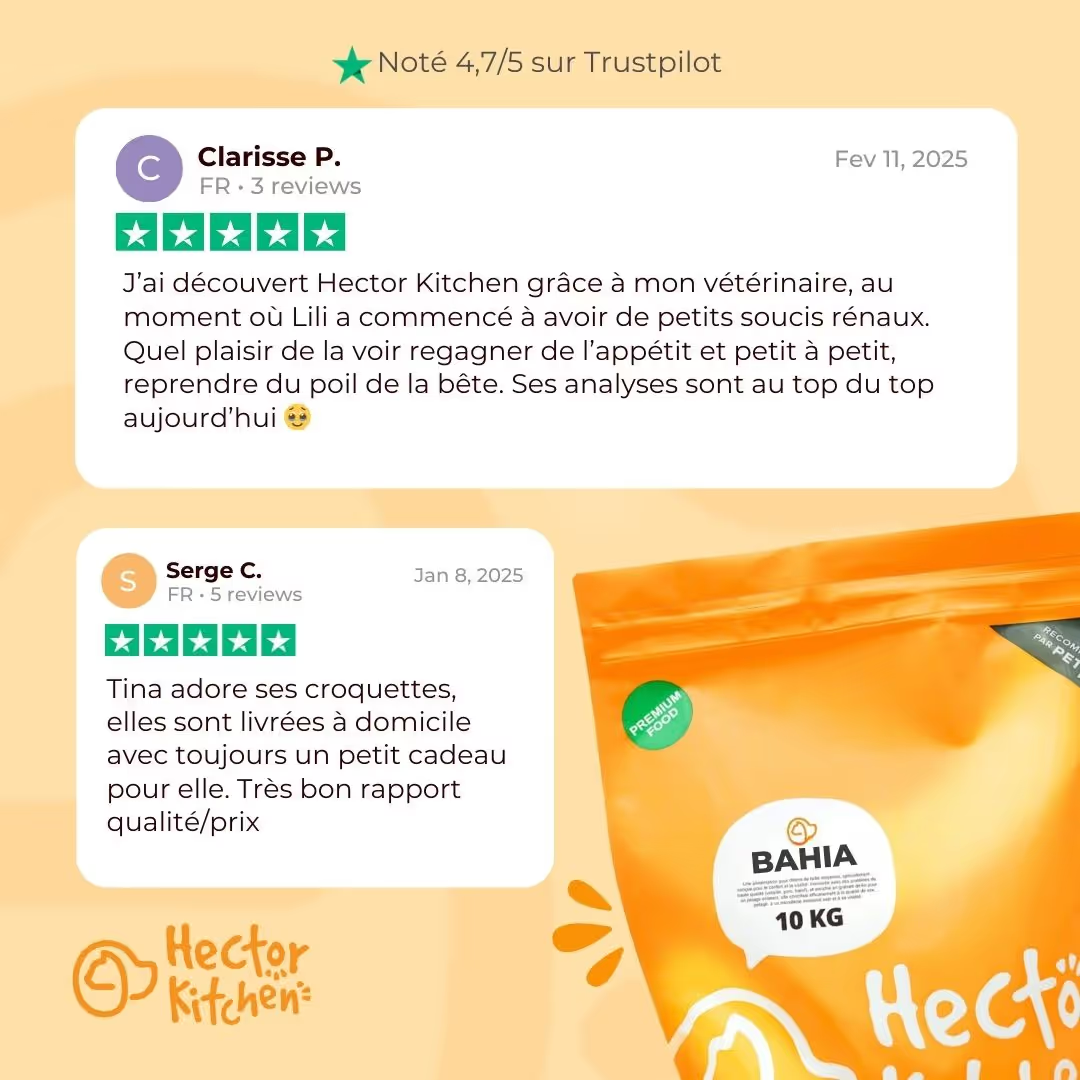




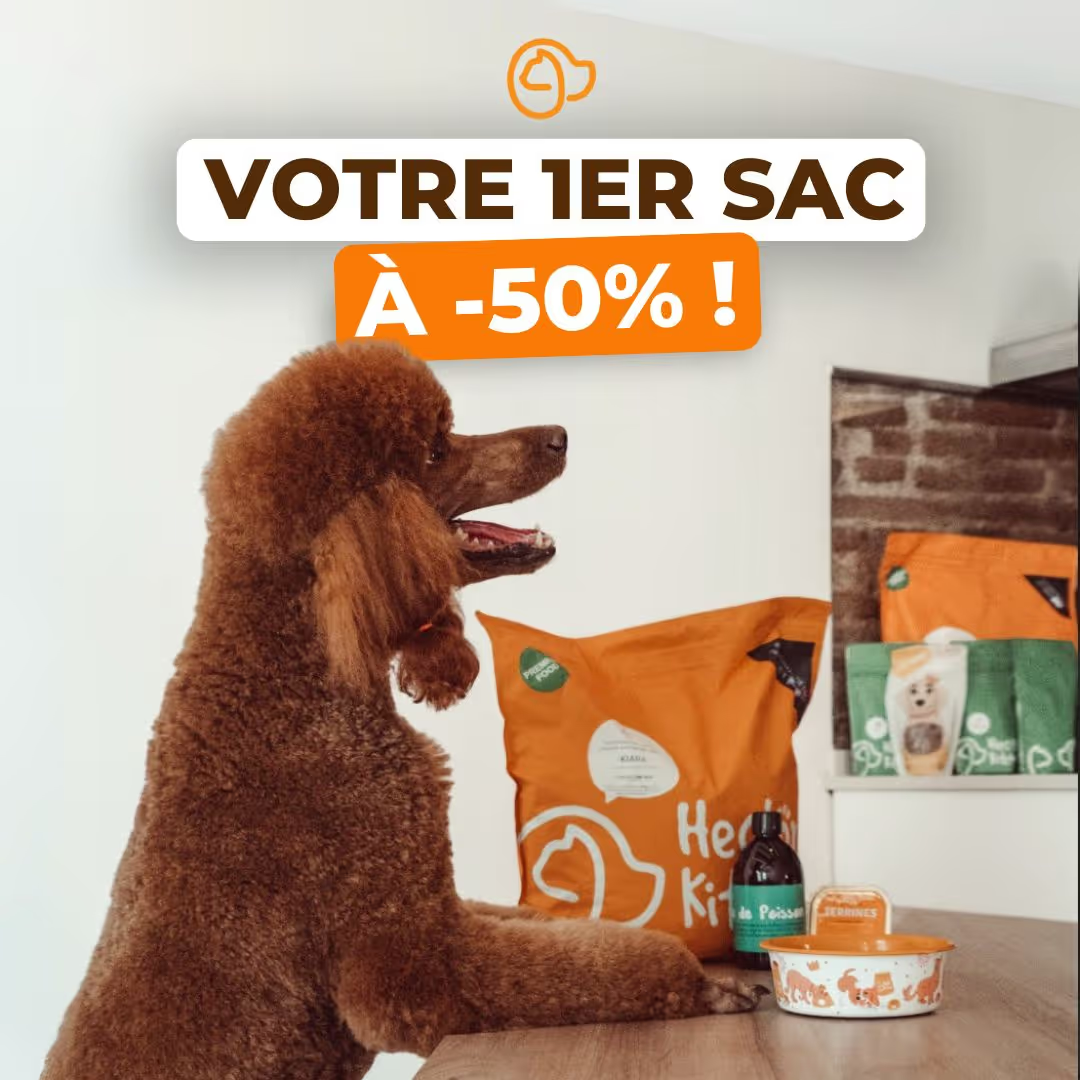
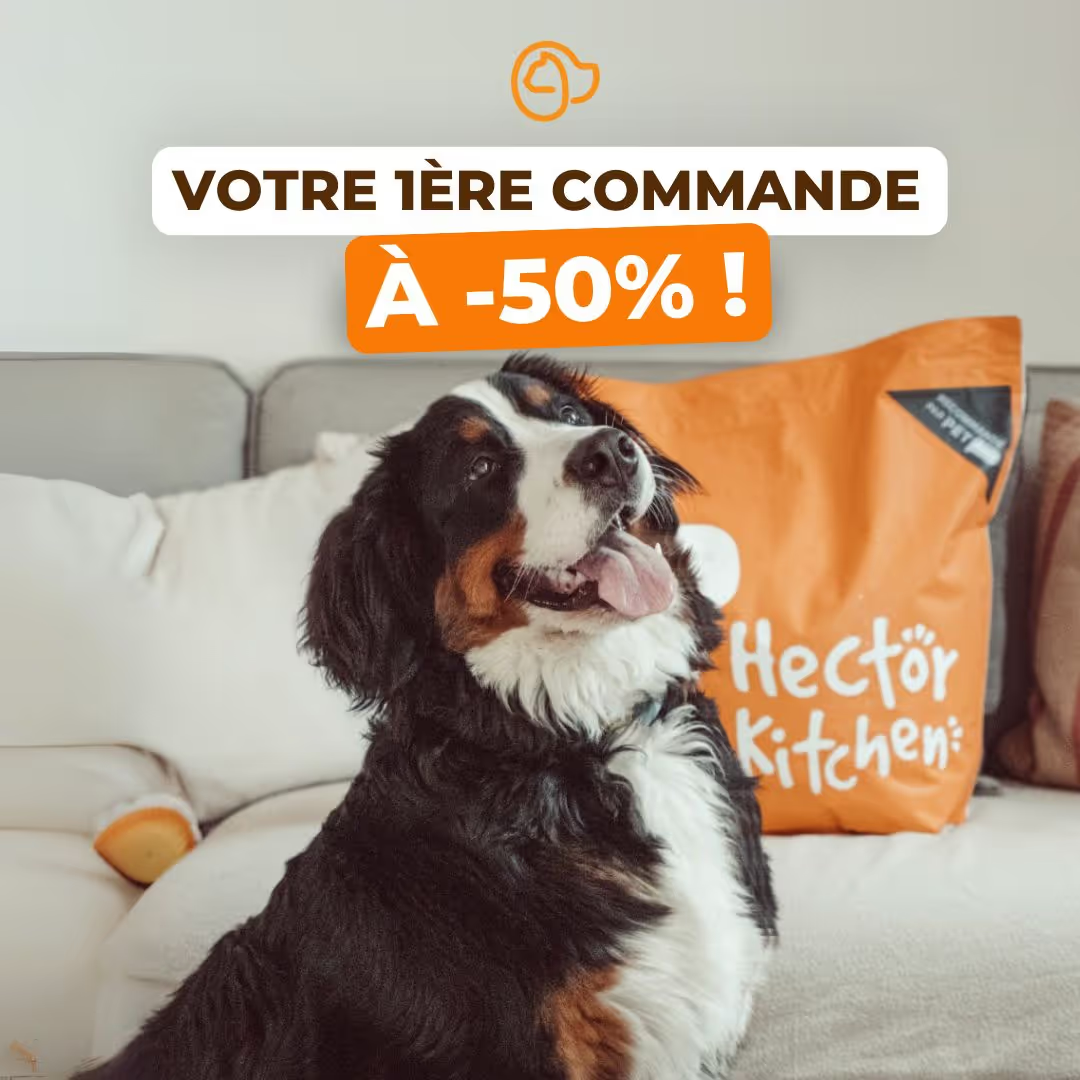
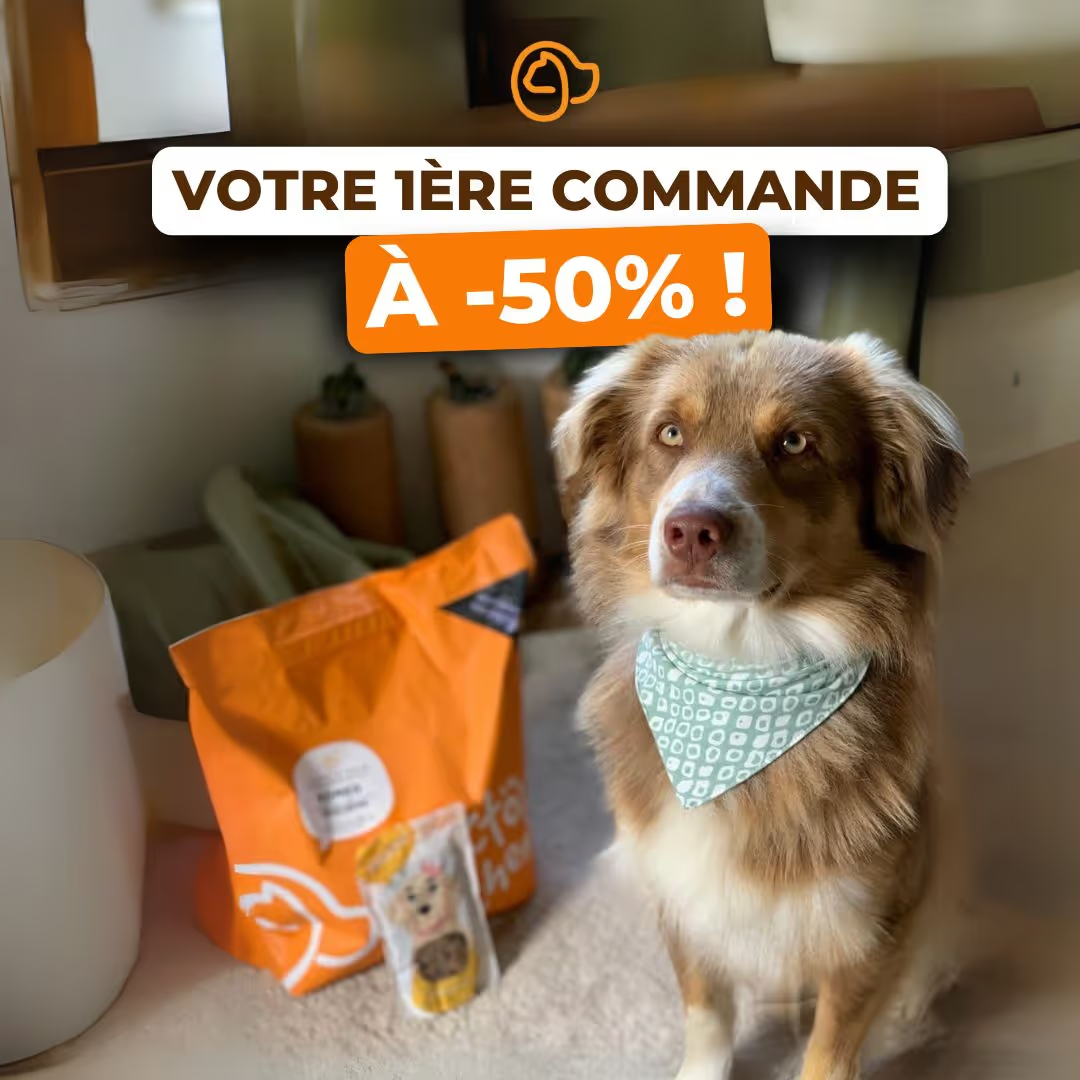
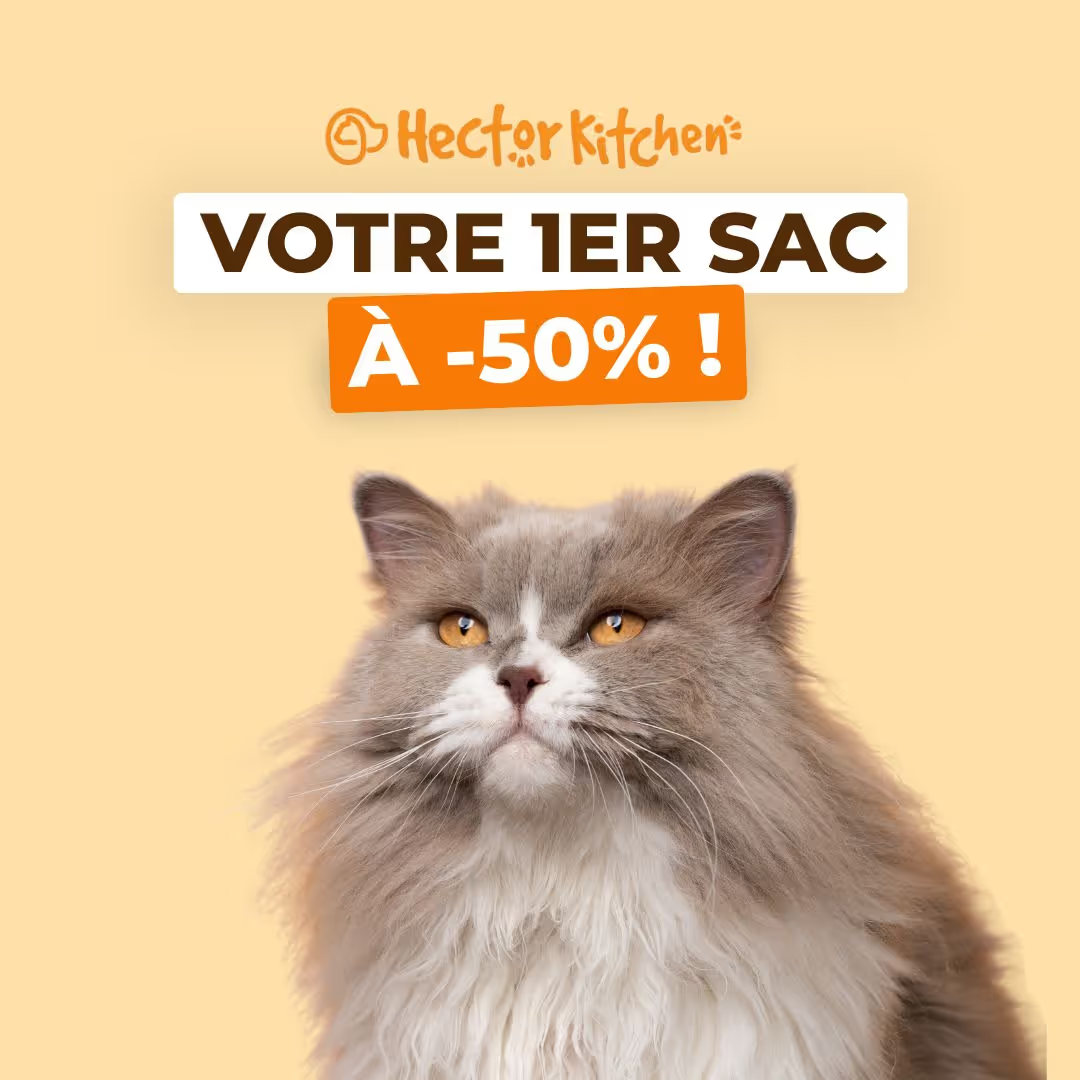
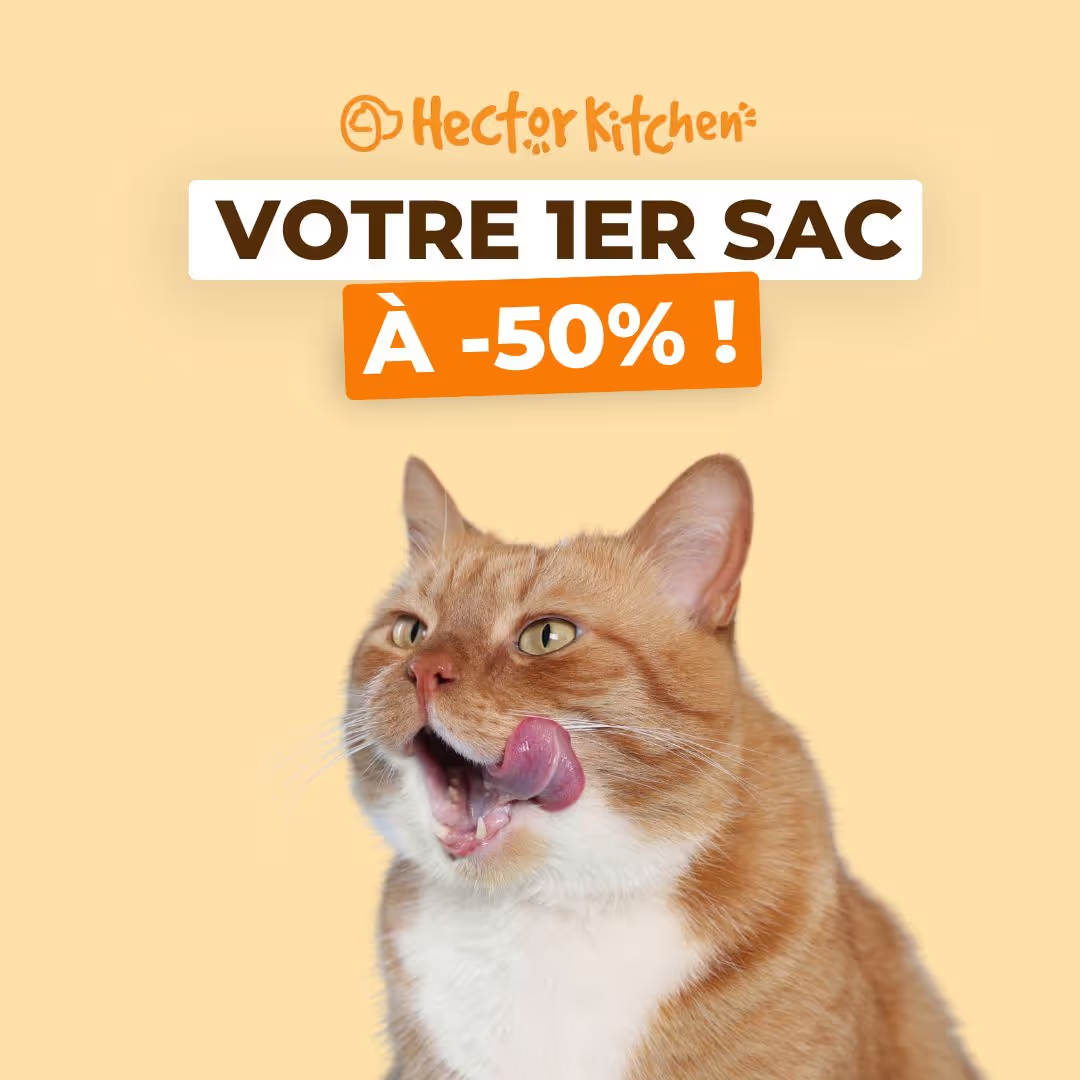
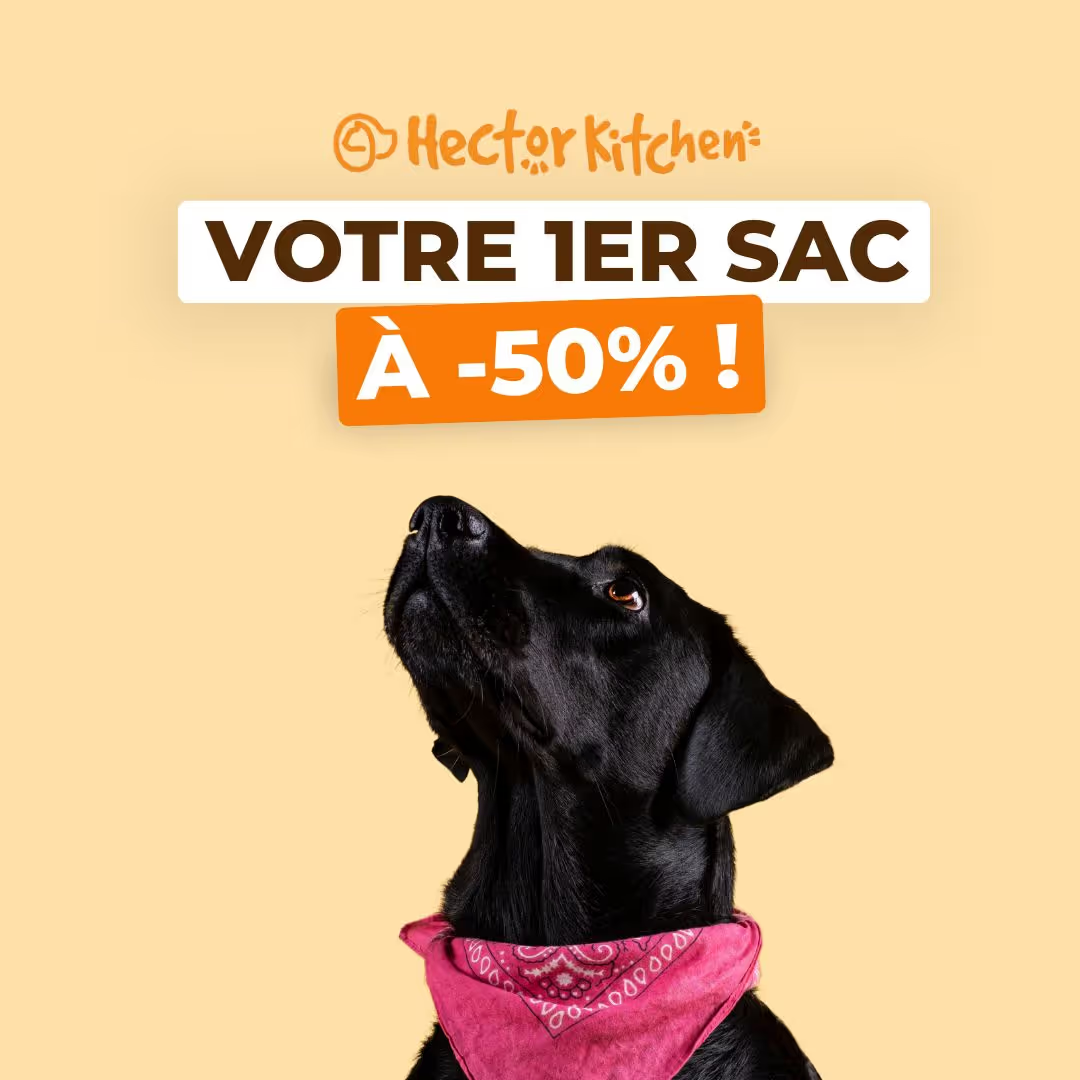
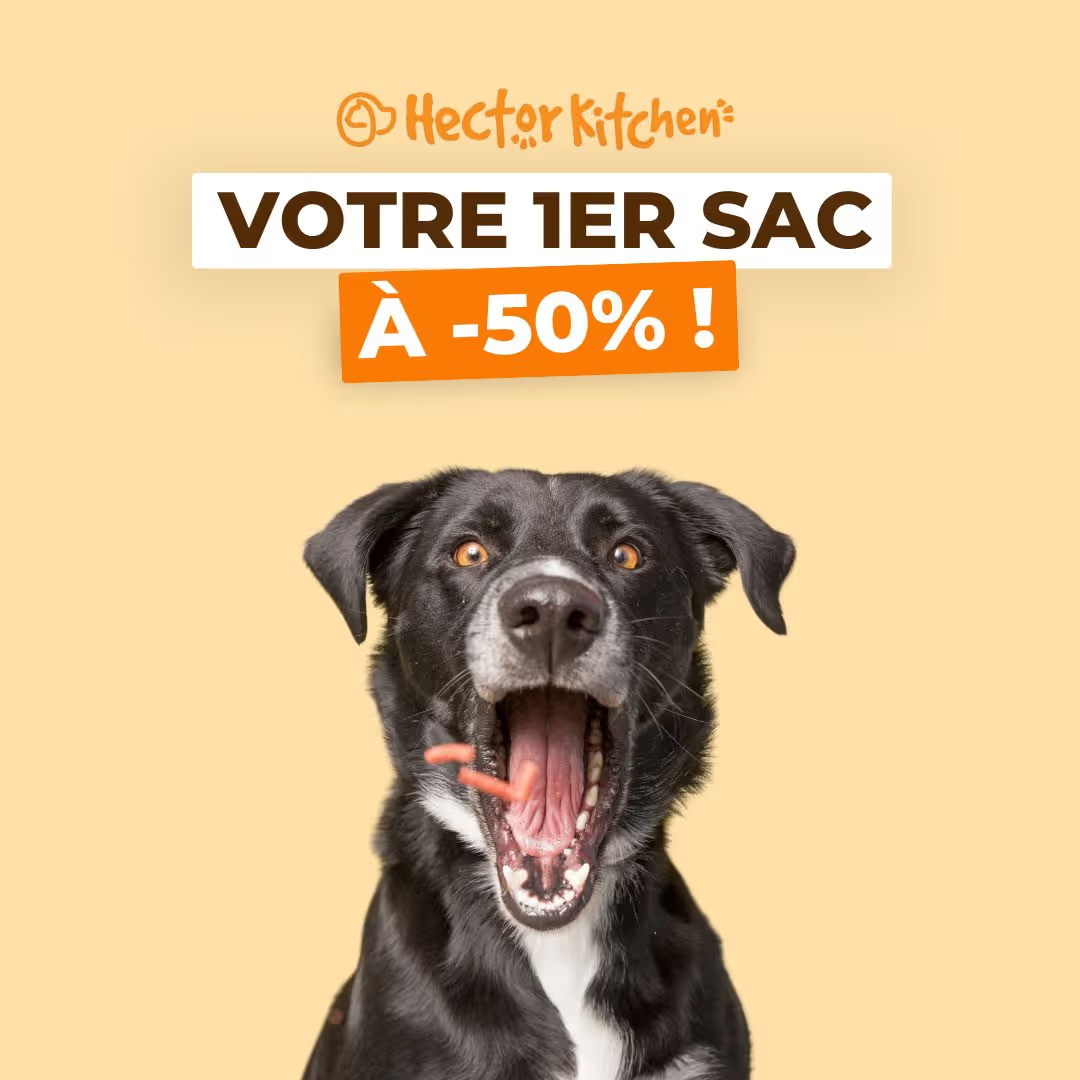
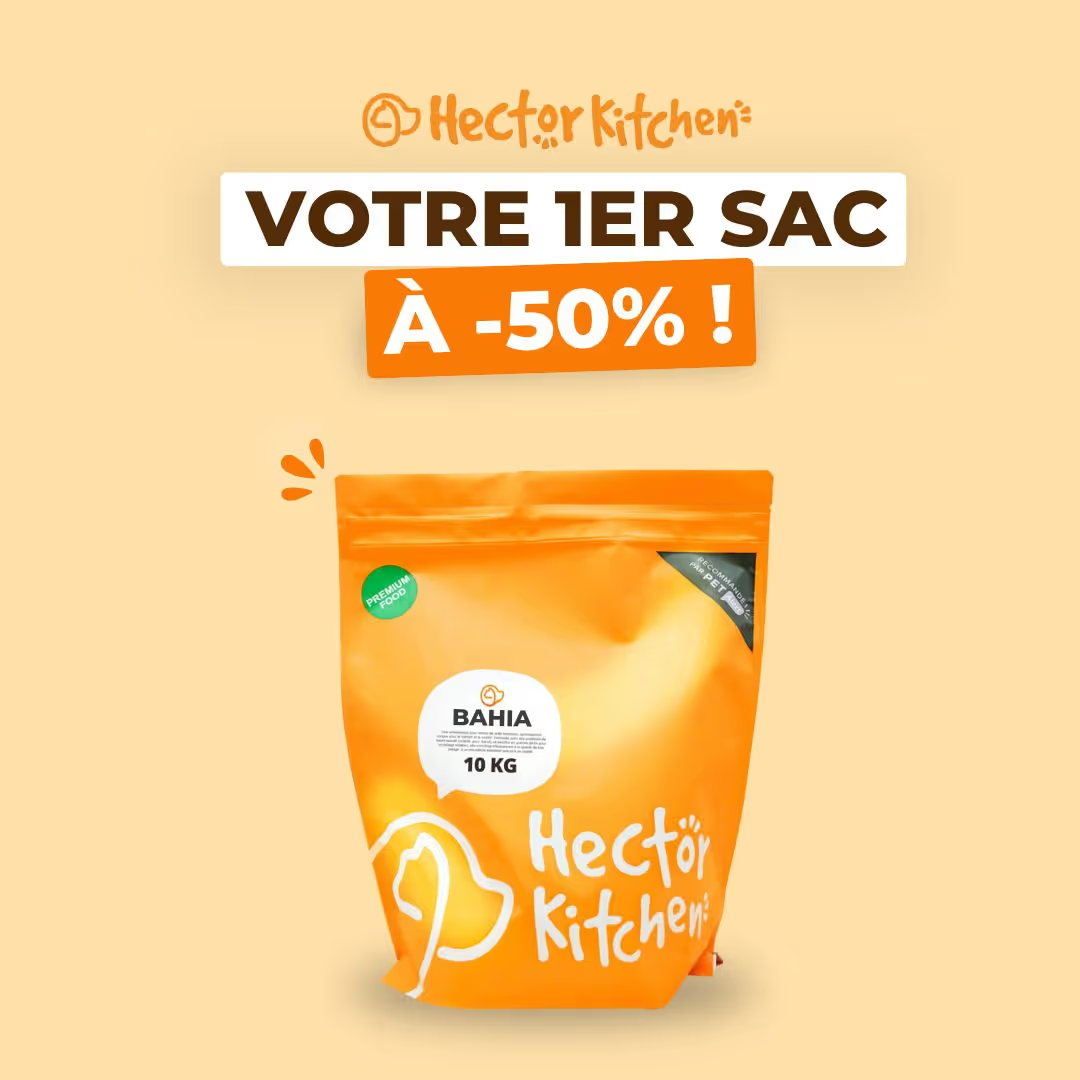



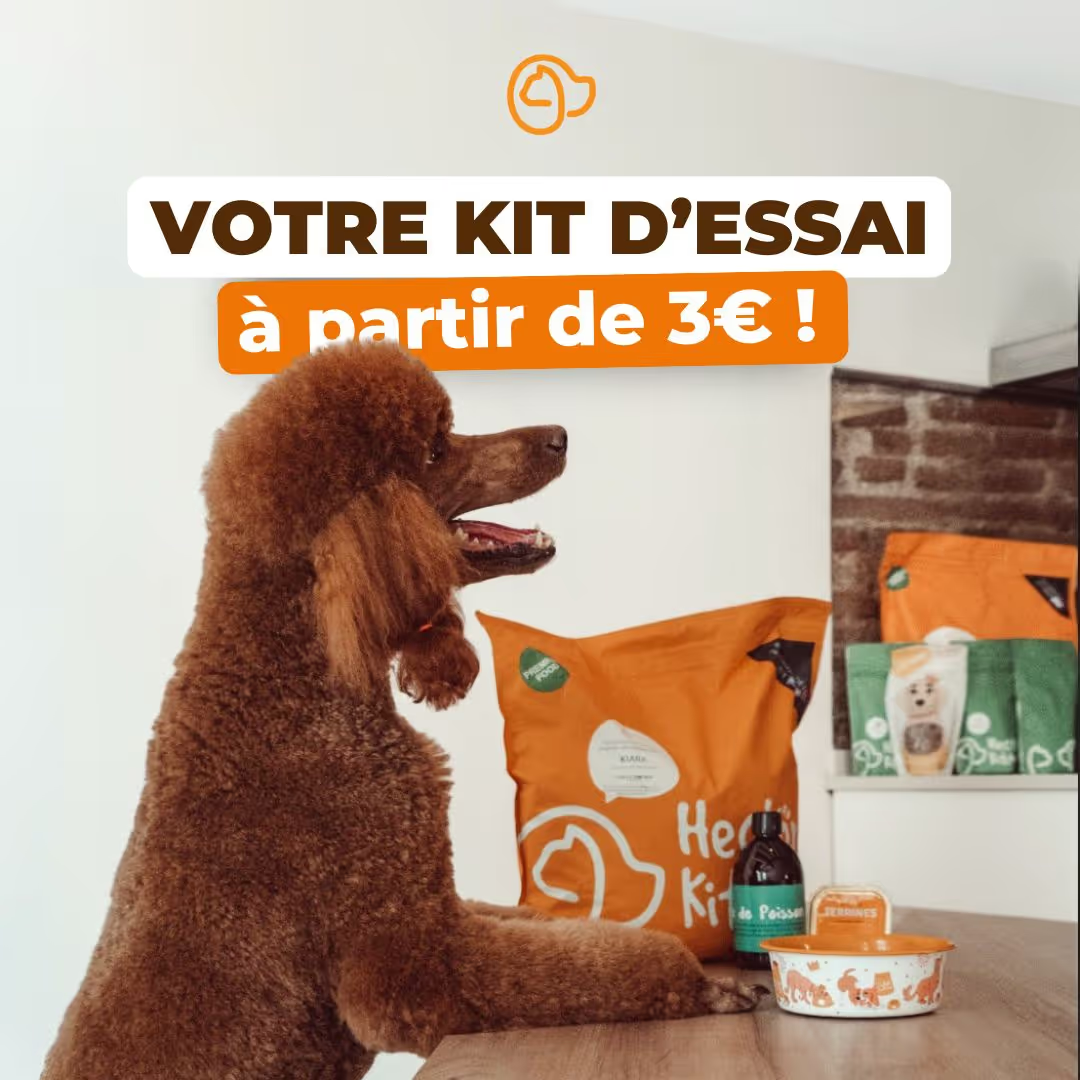
.avif)
.avif)
.avif)
.avif)
.avif)
.avif)
.avif)
.avif)
.avif)
.avif)
.avif)

.avif)
.avif)
.avif)
.avif)
.avif)
.avif)
.avif)
.avif)
.avif)
.avif)
.avif)
.avif)

.webp)
.webp)
.webp)
.webp)
.webp)
.webp)
.jpg)

